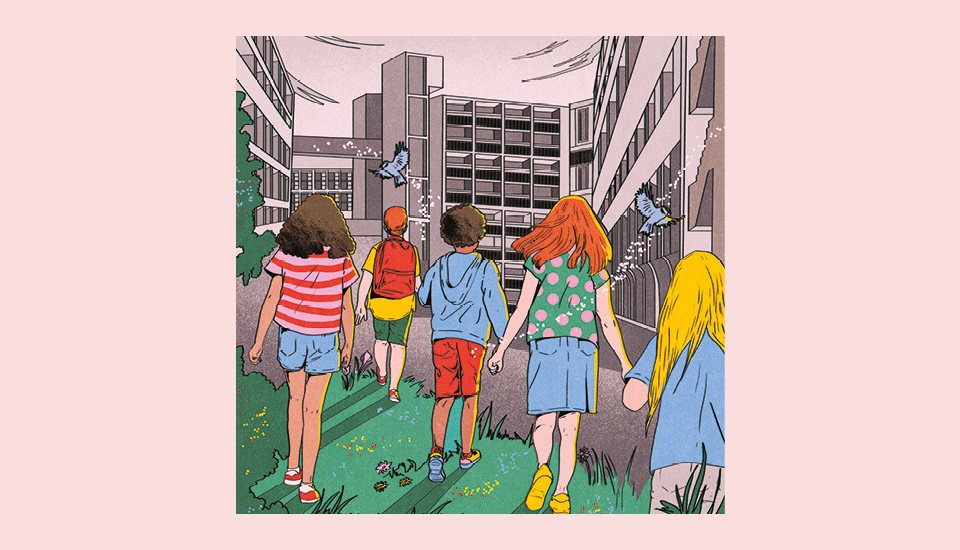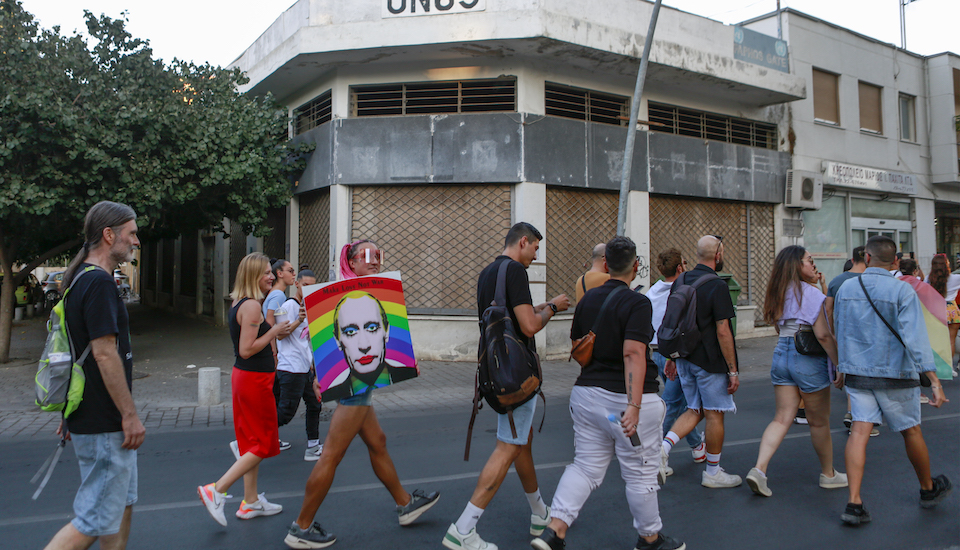When two big egos collide, does it make a sound?
Successful artists, as a rule, have massive egos. Yes, even your favourite one. Especially them.
It’s necessary for survival. I’m a comedian and every week I am rejected. It might be for a voice role, a TV show, or even by members of an audience in front of me who tut and shake their heads, disappointed. The stream of rejections is so constant that, in order to not descend into depression, you need to have an overinflated sense of your own value. You were rejected because they are WRONG. Any approach, from slight self-delusion to total narcissism, is recommended.
When fellow artists mention they are considering going to therapy, I want to scream, “No, no, you need your dysfunctions!” How does one write a 10,000-page tome that nobody might buy? Firm conviction that it’s brilliant and it will change the world. How do you perform that 400th show for meagre monetary rewards? You know you’re the most hilarious carbon-based life form on the continent and it’s just a matter of time before you are discovered.
But here’s the problem: you need this overgrown ego to become a successful artist, but once you get your hands on that hard-earned success you might need to collaborate. How does a narcissist react to criticism? With disbelief: “Why is this producer asking me to change this character?” A piece of furniture may even be flung. Collaborating with another artist is even more trying because they think they are a genius, too. Your perfectly formed vision must do battle with their perfectly formed vision.
So how do you collaborate successfully?
The easiest collaborations I’ve had were when one artist was the lead writer and the other was the contributor. This means all final decisions will be made with no giant tug-of-war. I worked on a play for the BBC World Service with fellow writer and egotist Sibusiso Mamba. He was the head writer, so he incorporated many of my genius impeccable jokes and bits of dialogue. There were many more he tossed aside. He was wrong, of course, but he was in charge. I bet he occasionally regrets it.
Collaboration also works if both artists are madly in love with each other’s work. That way, even your narcissism might take a break because it thinks their ideas are as good as yours (and a few may even be better).
A splitting up of necessary chores can also work. I co-wrote a script once and I wrote all the funny scenes; my writing partner wrote all the dramatic ones.
But on occasion, you have no choice. You must collaborate with a fellow narcissist whose work you don’t admire, neither of you is the primary artist and you can’t split the chores. What happens?
Most likely, pistols at dawn, the band breaks up.
By the way, if you haven’t enjoyed this article, it’s the editor’s fault. They diluted my brilliance.
Daliso Chaponda is a Malawian stand-up comedian living in England. He was a 2017 finalist on Britain’s Got Talent and is the writer, creator and host of the BBC Radio 4 show Citizen of Nowhere. His 2021 stand-up show, Apocalypse Not Now, is currently touring the UK.
Follow Daliso on Twitter here: @dalisochaponda
This article first appeared in the RSA Journal Issue 1 2022.
Related articles
-
Young at heart
Journal
Jonathan Prosser
Becoming a nation with children at its centre in 10 courageous steps.
-
Open RSA knowledge standards
Blog
Alessandra Tombazzi Tom Kenyon
After investigating ‘knowledge commons’, we're introducing our open RSA standards and what they mean for our practice, products and processes.
-
Worlds apart
Comment
Frank Gaffikin
We are at an inflexion point as a species with an increasing need for collaborative responses to the global crises we face.




Be the first to write a comment
Comments
Please login to post a comment or reply
Don't have an account? Click here to register.